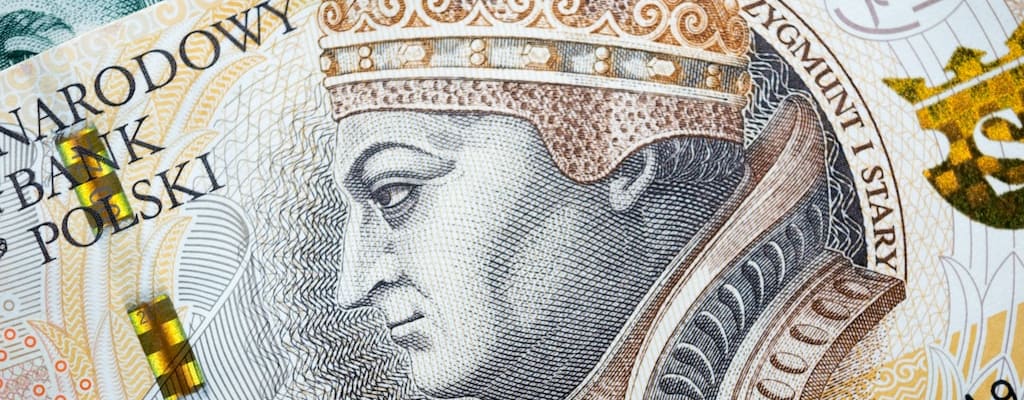tuppence: Idiom Meaning and Origin
What does ‘tuppence’ mean?
The idiom "tuppence" refers to something that is considered of little or no value. It is often used to express a lack of interest or importance in a particular topic or situation.

Idiom Explorer
Two penn'orth means a small or insubstantial contribution or opinion.
The idiom "two pennies' worth" means expressing one's opinion or input, often in a forceful or assertive manner, usually without being asked for it.
The idiom "two ha'pennies for a penny" means getting a poor or unfair trade. It implies receiving less value for what is given or having a disadvantageous exchange.
The idiom "two cents" means to interject or offer one's opinion, often when it is unsolicited or not highly valued. It implies giving a small or insignificant contribution to a conversation or discussion.
The idiom "two-bit" refers to something or someone of little value or importance, often used to describe something cheap or insignificant.
The idiom "two a penny" means that something is very common or easily obtained, to the point where it has little value or importance. It suggests that the item or thing being referred to is not unique or rare, but rather very abundant and easily found.
The idiom "tuppence worth" means expressing one's opinion or viewpoint, typically when it is not considered particularly valuable or important.
Tuppence: A Glimpse into the Past
Tuppence, an idiom that originated in Britain, means two pence, a British coin. This idiom is often used to convey that something is of little or no value. It is commonly used in expressions like "not worth tuppence," indicating that something is considered worthless.
Additionally, "tuppence" is also used to refer to a small amount of money, similar to the American English phrase "two cents." Phrases like "put in your tuppence worth" encourage individuals to share their opinions or input, regardless of its perceived value or importance.
The etymology of "tuppence" can be traced back to the pre-decimalization era of the British currency system. The term referred to a specific coin that was worth two pence. This coin had the image of a king or queen on one side and had a distinct value in monetary transactions.
"Tuppence" has also made appearances in various works of literature and popular culture. It has been used in novels, poems, and songs to convey the idea of something being insignificant or of little value. Its inclusion in creative expressions has solidified its presence in the English language and contributed to its continued usage and understanding.
The idiom "tuppence" reflects the understanding of something being of little or no value and has its roots in the British currency system. Despite its historical origins, it remains relevant in contemporary language usage, often appearing in everyday conversations and artistic expressions. The idiom "tuppence" serves as a reminder of the connections between language and culture, illustrating how idiomatic expressions evolve and endure over time.
Example usage
Examples of how the idiom "tuppence" can be used in a sentence:
- She doesn't care tuppence about what others think of her.
- I wouldn't give tuppence for that old car, it's falling apart.
- His opinion on the matter is not worth tuppence, as he has no expertise in the subject.
More "Currency" idioms



